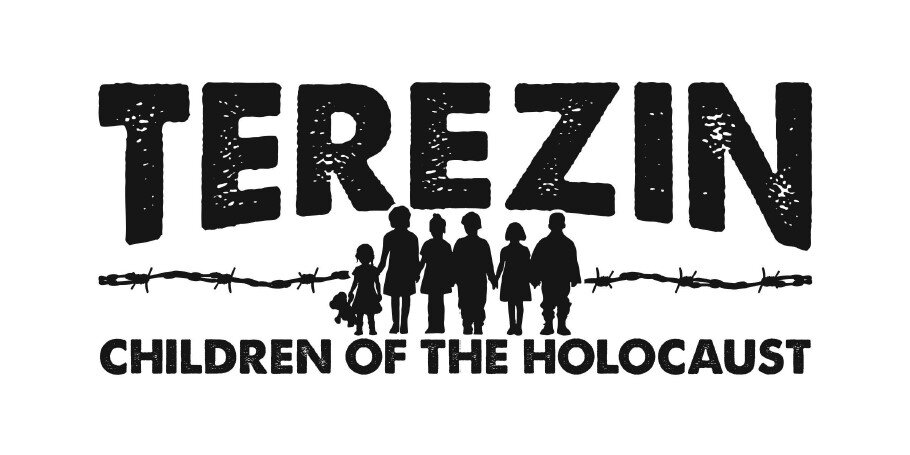Ava Valianti as Leah Poutreau and Kathryn Lowell as Miriam Fisher.
Kathryn Lowell and Andrew Valianti as Miriam Fischer and Aaron Shapiro.
About Terezin
While the story of Terezin may be rooted in the past, the systemic forces of hatred, prejudice, and bullying are still present in our schools, colleges, and communities today. Even now, unacceptable behavior and acts of intolerance are too often accepted or ignored.
We are a 501(c)(3) not-for-profit organization dedicated to fighting racism, antisemitism, discrimination, and bullying through education and the arts. In particular, we organize, produce and stage public and private performances of the play Terezin: Children of the Holocaust by student actors at middle and high schools, synagogues, churches, colleges, universities, theaters, and other venues, followed by an educational discussion between the audience, the director and the actors about the play and its message. We recently completed the first-ever filmed version of the play, now available to schools, organizations, and individuals that may not be able to host a live performance.
Terezin: Children of the Holocaust, the recipient of the 1984 Children's Television Drama Award, is a theatrical play that follows a day and night in the lives of six children held at Camp Theresienstadt in the Czech Republic. The camp, also known as Terezin, imprisoned many thousands of European Jews, including over 15,000 children during the Nazi era. While the play takes place during the Holocaust, it teaches its audience about the consequences of discrimination in general, the need for higher social responsibility, and the infallible power of every individual voice.
Along with the performance, we provide educational materials regarding the play and the historical context of the Holocaust, in particular the experiences of the thousands of children, and contemporary issues relating to bullying, intolerance, and discrimination. The materials provided meet state educational standards and can be used in school settings. These materials can be used by educators, such as teachers or discussion leaders, to educate audiences about the Holocaust, as well as inspire meaningful discussions about the consequences of hate and the ways of standing up against it.
We also organize educational seminars, symposia, meetings, artistic performances, art exhibitions, film screenings, and other events regarding the play and its themes. In light of the Covid-19 pandemic, all events have been moved to a virtual format until state and federal guidelines allow for a return to in-person performances.
Current and former Terezin cast members and Terezin Project supporters meet Marianka Zadikow May, the last living survivor of the Holocaust who performed the Requiem at Camp Theresienstadt (Terezin).


